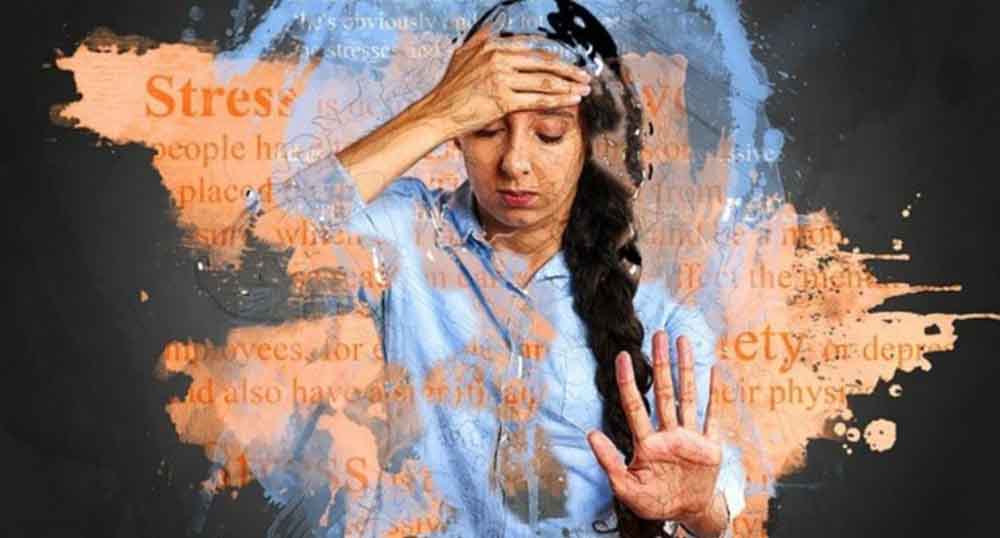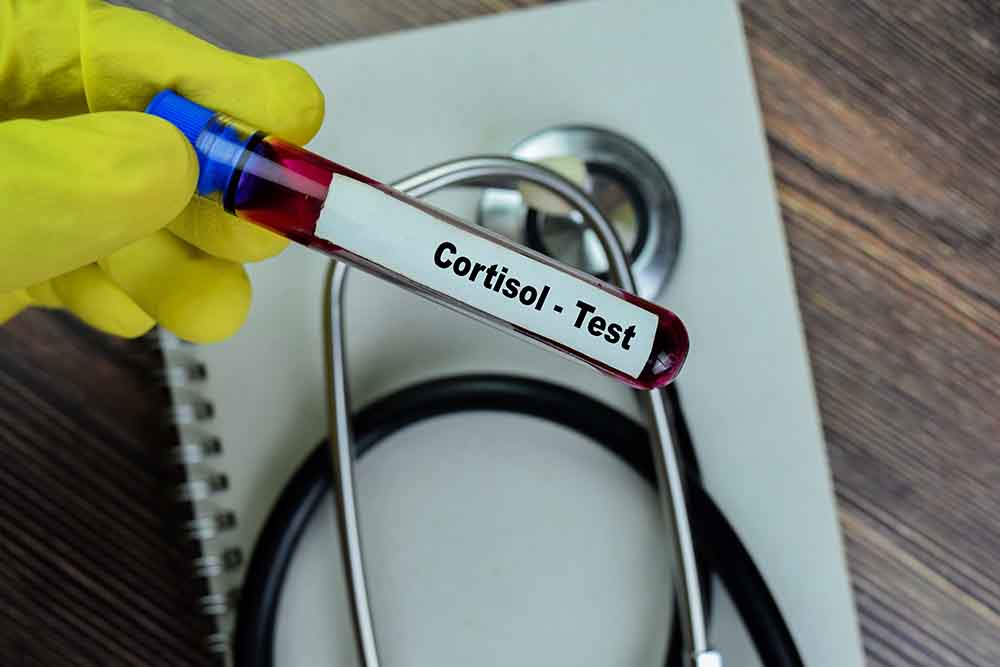A trending term that is earning a bad rep in online wellness discourse is ‘cortisol.’ It is being blamed for a wide range of health problems – from stress, sleep issues, and acne. However, these assertions have subtleties that merit more unravelling. Although cortisol is linked to stress, the hormone has an impact on almost every organ in the body and is necessary for our survival.

Demystifying Cortisol
Swarali Marathe, Psychotherapist and Mental Health Consultant helps us understand what the fuss is around this buzzing term. She explains that cortisol is basically a steroid hormone produced by the adrenal glands, small endocrine glands. While its primary role is to regulate the body’s stress response, cortisol is far more versatile. It helps prepare the body to handle various stressors by making energy available and supporting vital systems like immune function and metabolism.

The brain’s amygdala signals the hypothalamus, which then triggers the sympathetic nervous system (SNS) or ‘fight-or-flight’ response. This cascade releases hormones, including epinephrine (adrenaline) and cortisol, into the bloodstream. Epinephrine raises your heart rate and breathing, keeping you alert, while cortisol mobilises stored sugars and fats for energy.

Putting All Rumours To Rest
Cortisol is crucial for survival and managing daily energy cycles. It spikes naturally in the morning to help wake us up and gradually declines throughout the day to prepare us for rest. It is very much essential for maintaining energy and managing stress effectively.
The concept of ‘cortisol imbalance’ is frequently discussed by wellness influencers as though it were a medical diagnosis. However, there’s no official term or condition known as cortisol imbalance. Some of the cortisol and adrenaline-related conditions are Cushing’s Syndrome or Addison’s Disease. These must be diagnosed by a doctor who can then suggest the appropriate intervention.
Chronic Stress And Cortisol
The label ‘stress hormone’ has given cortisol an undeserved negative image. In reality, cortisol is a key player in our body’s ability to adapt to new situations and manage stress. Chronic stress, however, can keep cortisol elevated over time, which may lead to health concerns. It’s the chronic elevation of cortisol due to stress that can have adverse effects. However, it does not mean that high levels of cortisol should be ignored. They definitely need to be addressed. However, you cannot just limit yourself to cortisol-lowering foods or cortisol-lowering workouts. The longer exposure to stressors needs to be addressed.

Curious About Your Cortisol Level? Take The Test
If you’re concerned about cortisol levels, testing can provide some insights, though interpreting these tests requires care. Cortisol tests are generally performed via blood tests and one needs to send two blood samples - one in the morning and one in the evening. The charges for such tests are between ₹800 and ₹1,500.

Expert’s Take
Swarali recommends exploring psychotherapy, learning and unlearning stress management strategies and building social support. Learning mindfulness techniques will also help in dealing with the stressor better. Sometimes the trauma or stressor holds power over us, even after we have physically recovered from the stressful or traumatic situation. However, we feel stuck both mentally and in our bodily responses while dealing with other situations. In these cases, the body’s stress response can remain heightened long after the traumatic event has ended. This phenomenon, sometimes called trauma reactivity, can result in feeling ‘stuck’ or perpetually on edge.
Stress is a universal experience, and we often feel powerless against it. Through evidence-based approaches like psychotherapy, resilience training, social support, and mindfulness, individuals can learn to manage stress more effectively, reduce chronic stress responses, and build a life that fosters mental and physical well-being.